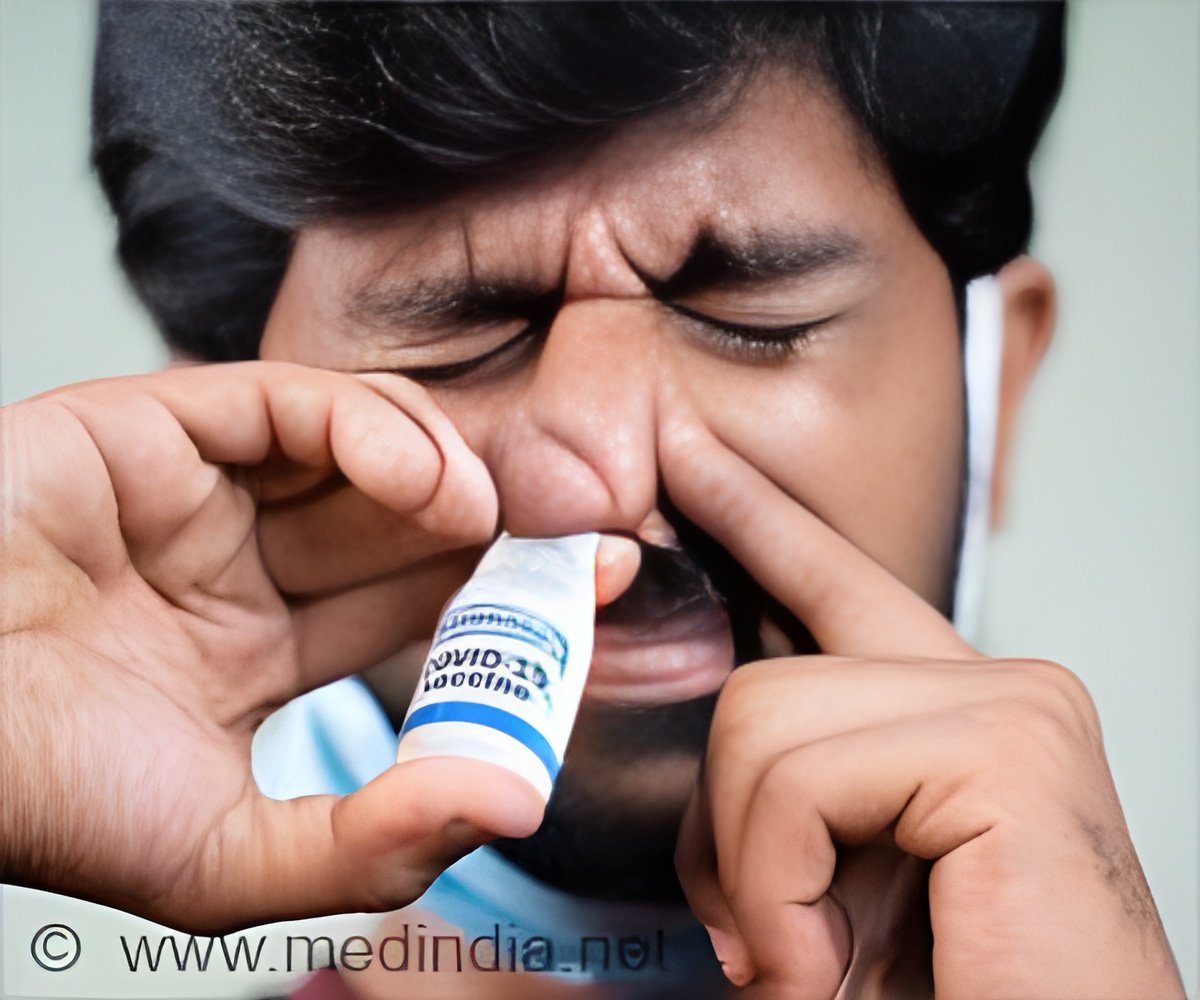
A novel nano vaccine that promises to provide universal protection against all major Covid-19 variations and may provide protection against future coronavirus mutants was created by researchers at the Wuhan Institute of Virology in China.
This breakthrough, reported in the peer-reviewed journal ACS Nano, could address the ongoing need for vaccines that provide broad-spectrum protection in the face of the constantly evolving virus.
Despite the international scrutiny and claims linking the Covid-19 pandemic to a lab in Wuhan, the Chinese government has continued to support the research efforts of the Wuhan Institute.
Intranasal Nanovaccine: Effective Against Major COVID-19 Strains
The new intranasal nanoparticle vaccine combines coronavirus epitopes (immune-triggering antigens) with the blood protein ferritin.
The vaccine has effectively protected against several strains in mice tests, including Delta, Omicron, and WIV04, an early strain from Wuhan.
While current vaccinations have reduced the spread and death rates of Covid-19, none provide complete protection against all forms.
Nanovaccine Targets Potential Future Coronavirus Strains
Researchers believe that this nano vaccine has the potential to prevent infection from future mutant strains. The vaccine targets conserved epitopes of existing neutralizing antibodies, providing long-term protection.
Advertisement
The institute has published over 230 articles on Sars-CoV-2 since 2020, continuing its work amid discussions about the virus’s origins despite the controversy surrounding the lab leak theory. Covid-19 is still a threat, although its global impact has lessened.
Researchers warn that a new pandemic or subsequent outbreak could arise from the emergence of new variations. Similar coronaviruses have been responsible for major outbreaks, such as the 2003 Severe Acute Respiratory Syndrome (SARS) and the Middle East Respiratory Syndrome (MERS).
Advertisement
Reference:
- Nanoplatform Based Intranasal Vaccines: Current Progress and Clinical Challenges- (https:pubs.acs.org/doi/10.1021/acsnano.3c10797)
Source-Medindia



